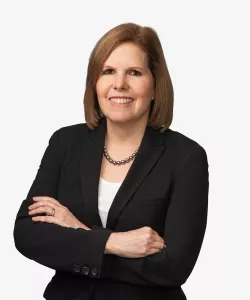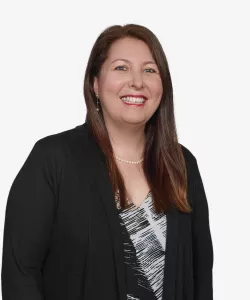H-1B Filing Deadline is Approaching
Time to Determine H-1B Needs
The US Government will begin accepting applications for new H-1B employees soon, on April 1st. So, it is time to survey potential new hires and current employees in other immigration categories (ex: F-1 OPT’s, TN’s, J-1’s, and L-1’s) to identify who will need H-1B visa’s, and start preparing for those H-1B applications.
Who Is and Is Not Subject to the H-1B Quota
The US Citizenship and Immigration Service (USCIS) generally only issues 65,000 H-1B visas per year, plus an additional 20,000 H-1B’s for those with at least a Master’s Degree from a US institution. It starts accepting applications for these quota-subject H-1B’s on April 1st, and the earliest employment start date you can request is October 1st. There are several categories of H-1B employees who are not subject to these quotas or timelines, including: (1) current H-1B’s who are applying to extend their expiration dates, (2) current H-1B’s who are applying to change employers, and (3) employees who will work for an institution of higher education or for certain nonprofit research entities. Employers can submit H-1B applications for these quota-exempt employees any time, requesting any employment start date.
Timing & Lottery Impact
Employers can file cap-subject H-1B petitions on April 1st. Last year, the Government received more than twice as many applications as H-1B quota slots during the first week of April, and we expect similar application numbers this year. The USCIS conducts a random lottery to choose which applications it will process. So, about half of the H-1B applications are rejected and returned, with their filing fee checks, leaving employers and employees in a difficult position - either find an immigration solution or the employee (and likely his/her family) may have to leave the US.
New H-1B Lottery & Registration Process
The USCIS recently issued a new rule changing the way employers will file for H-1B’s in future years. The USCIS anticipates that next year, employers will have to pre-register their H-1B applications in advance of the April 1st deadline, and the USCIS will conduct a lottery to decide which of those pre-registrations can continue to a full application filing. Only those chosen will file full applications for processing. Further, starting this year, the USCIS is reversing the way it conducts the lottery. Until now, all those with a Master’s degree or higher from a US institution goes into the Masters 20,000 Master’s lottery, and then, if not chosen there, they are put into the regular 65,000 lottery with everyone with at least a Bachelor’s degree. Starting this year, the USCIS will reverse the lottery selection. It will conduct its 65,000 general lottery of everyone with at least a Bachelor’s degree, and then, all those with at least a Master’s degree from a US institution will go into a second lottery. The USCIS anticipates that this new lottery system will increase the number of H-1B applications with at least a Master’s degree by 16 percent.
Next Steps for Employers
Employers should assess their current and future staffing needs to determine if they will need to either: (1) apply for an initial H-1B for a new hire (to start on October 1st or later), or (2) apply for an H-1B for a current or prospective employee in the US in another non-immigrant status (such as TN, F-1 OPT, J-1, EAD, or L-1 status). Contact your immigration counsel with any questions and to get started on the new H-1B needs.
Contacts
- Related Practices
-
Read Time
4Minutes

